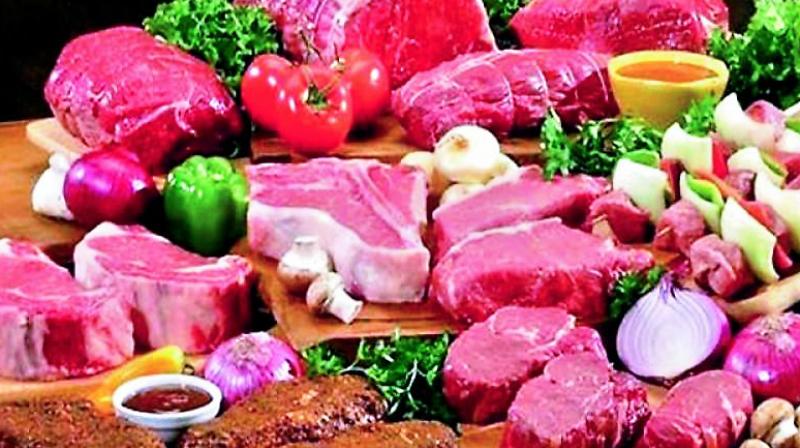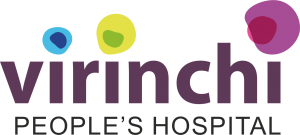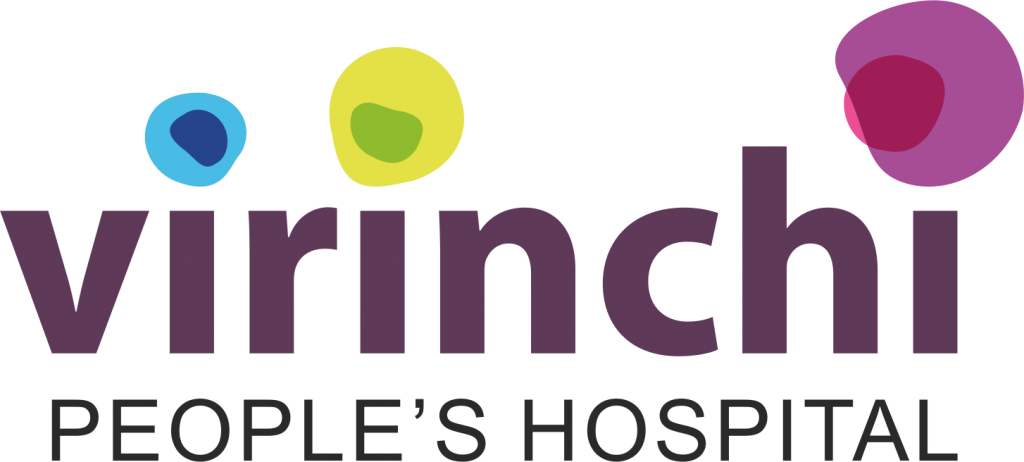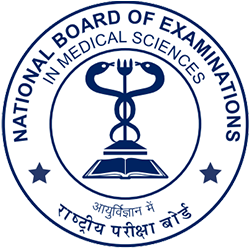Avoid high protein diets
Doctors have concerns about the long term effects of a high protein diet like Keto, Atkins and the likes.
Actor Ranveer Singh, who is playing the role of cricketer Kapil Dev in his upcoming film ’83, was on a protein-heavy diet in order to get the body of an athlete. Many actors follow similar diets to bulk up for a particular role.
However, according, to new studies from the Netherlands and Korea, published online in Nephrology Dialysis Transplantation, a high-protein diet may harm kidney function, and this is why doctors recommend kidney patients a low-protein diet. The high-protein culture (Atkins, Zone, South Beach, and Ketogenic diets) involve daily protein intake of 20% to 25% or more of the total daily energy intake.

Without protein, our bodies would be unable to heal from injury, stop bleeding or fight infection. That’s why eating protein is so important to staying healthy. “The average person needs between 40 to 65 grams of protein each day,” says Dr Bhanu Prasad K, Senior Consultant Nephrologists & Transplant Physician, Apollo Hospitals and adds, “Ideal protein for chronic kidney disease patients who are not on dialysis is 0.6 -0.8 grams and for Dailysis dependent patients is 1.2 grams.”
When protein is ingested, protein waste products are created. Healthy kidneys have millions of nephrons that filter this waste. It’s then removed from the body in the urine.
Unhealthy kidneys lose the ability to remove protein waste and it starts to build up in the blood. “Those with Chronic Kidney Disease (CKD) will benefit with a low protein diet, as low as 0.8 grams per kg body weight. It has been now found that a vegetarian source of protein is better than animal sources in CKD,” says Dr K. S. Nayak, Sr. Consultant – Nephrologist & Complex Kidney Transplant Expert, Virinchi Hospitals.
Protein and the stages of CKD
The five stages of CKD are defined by the glomerularfiltration rate (GFR), a measure of how well your kidneys are functioning. “Although stage four indicates a severe decrease in kidney function, you’re still able to live without dialysis.
Because there’s no cure for kidney disease, the primary focus is keeping you nourished and reducing protein waste build up. Excess protein waste can cause nausea, loss of appetite, vomiting, weakness, taste changes and itching. If you’re in stages 1, 2, or 3, your protein intake may be limited to 12 to15 percent of your calorie intake each day. This is the same level recommended by the Dietary Reference Intakes (DRIs) for a healthy diet for normal adults. If you’re in stage 4 of CKD, your dietitian may advise you to reduce protein to 10.percent of daily calorie intake,” says Dr Bhanu.
Are some proteins better than others?
High protein foods like meat, milk and eggs can be high in fat and cholesterol. “If you have high cholesterol or cardiovascular disease, your doctor and dietitian may recommend eating more heart-friendly proteins. Good choices include fish, chicken breast, and low-fat soy products as well as low-fat dairy products.
Phosphorus is a mineral that builds up in the blood as kidney failure progresses. You may be advised to reduce high protein foods that are high in phosphorus, if your level goes above normal. Milk, yogurt, cheese, dried beans and peas, nuts and seeds, peanut butter and some soy products are high in protein and phosphorus,” says Dr Bhanu.
How is protein managed?
To make sure one is getting the right amount of protein, Dr Bhanu says, “Speak with your dietitian to get specific guidelines regarding your protein intake. This number will depend on your CKD stage, lab results, body size and other health conditions. If you’re prescribed a low protein diet, your portions of protein containing foods will be smaller than usual.”
If not protein, then what?
Although diet may be limited in high protein foods, one can still eat a variety of foods, such as eggs, milk, meat, poultry, fish,fruits, vegetables and grains. “Eating adequate calories is important to prevent muscle breakdown and weight loss. It is advised to eat more healthy fats, such as olive oil, or take supplements to help get enough calories,” says Dr Bhanu.
Doctors also have concerns about the long-term effects of maintaining a high protein diet. “One should have have a balanced diet consisting of carbohydrates, fat and proteins. Restrict supplemental proteins and minimum intake is 0.8 gm to maximum 1.2 gm per day. It is proved beyond doubt that vegetable proteins are safe and has more advantages,” says Dr Vidyashankar P, lead consultant, Nephrology — Aster CMI.




